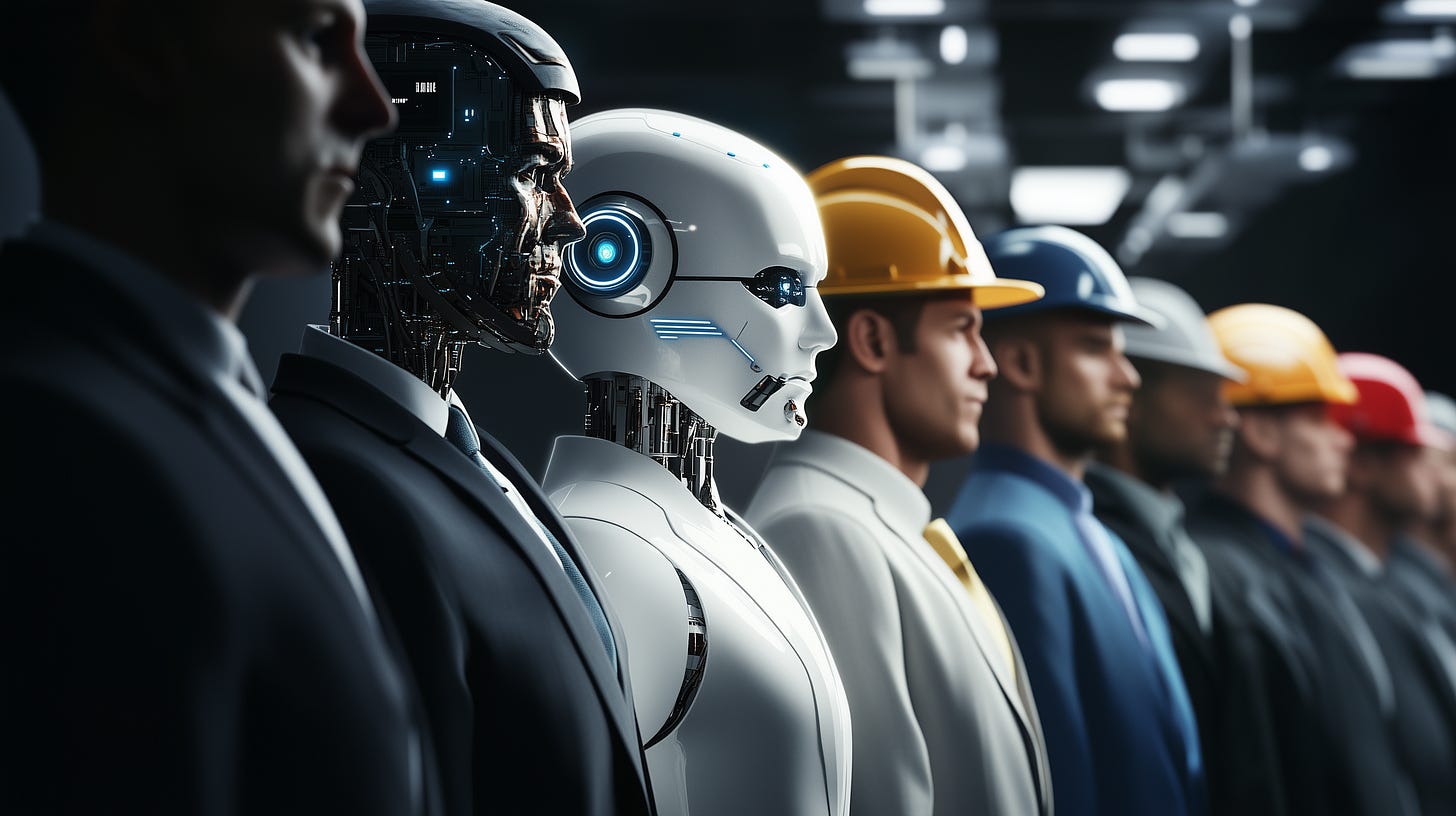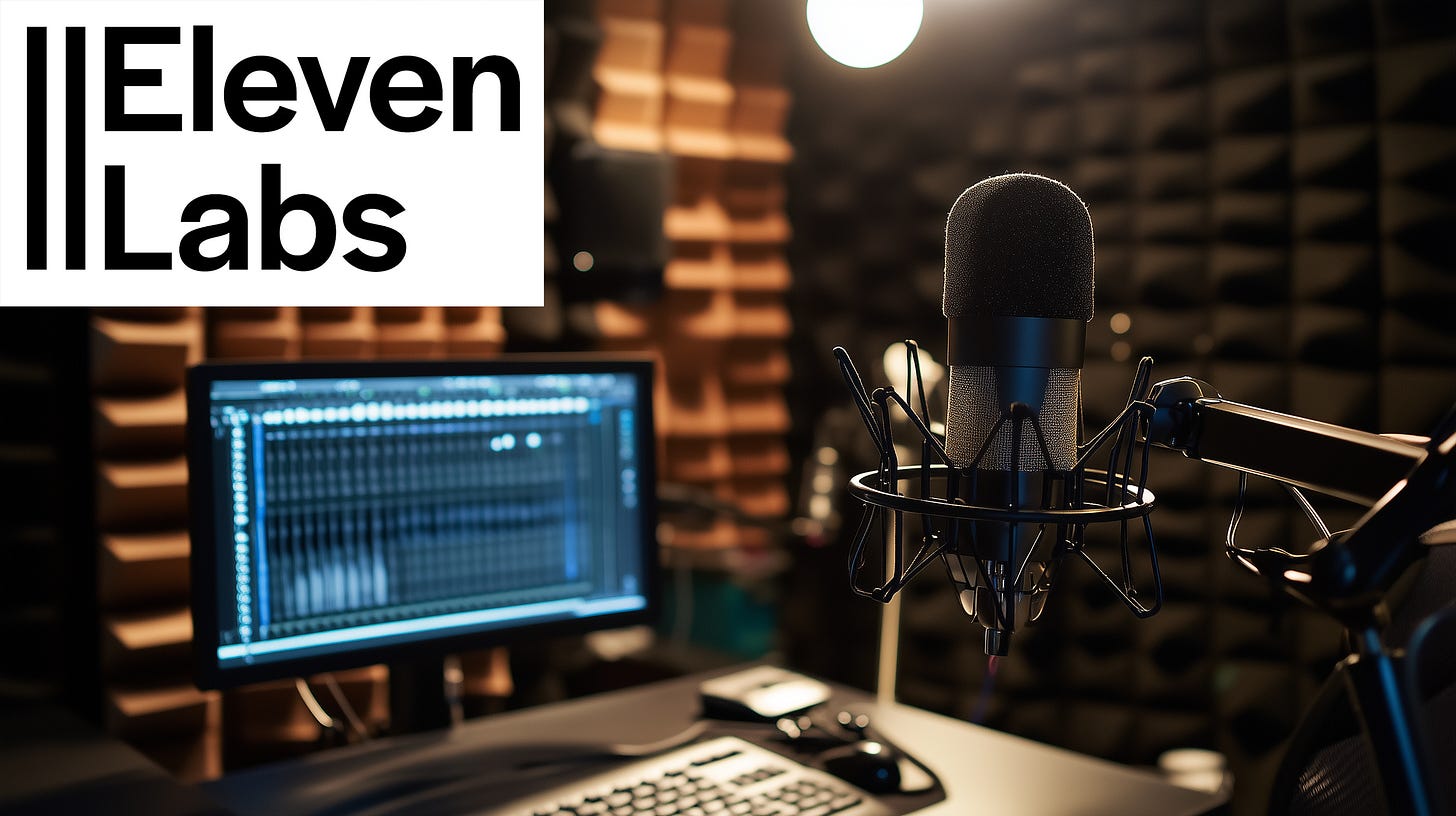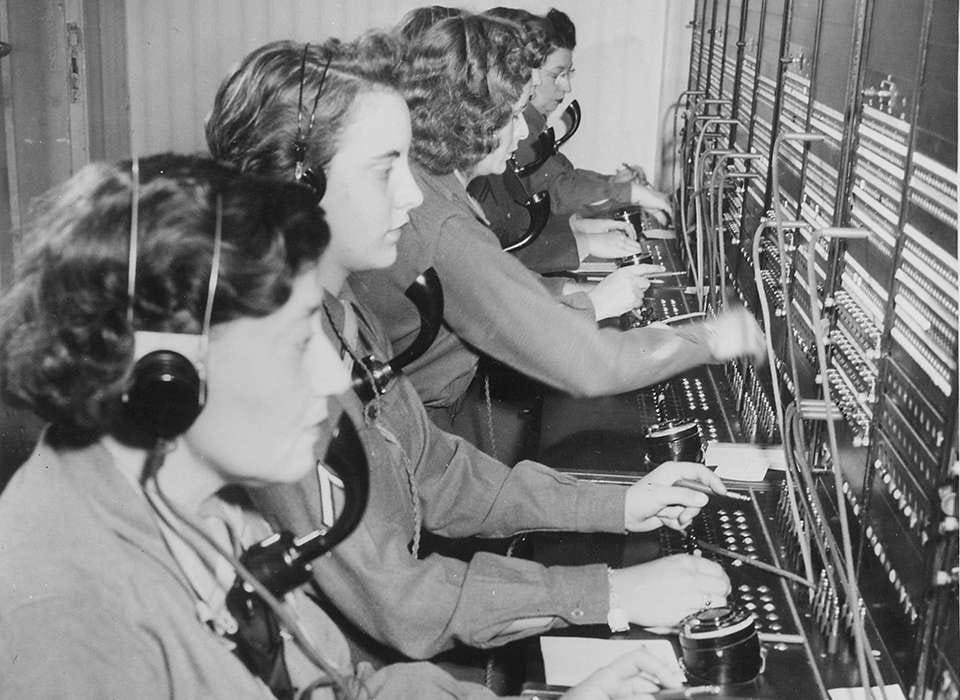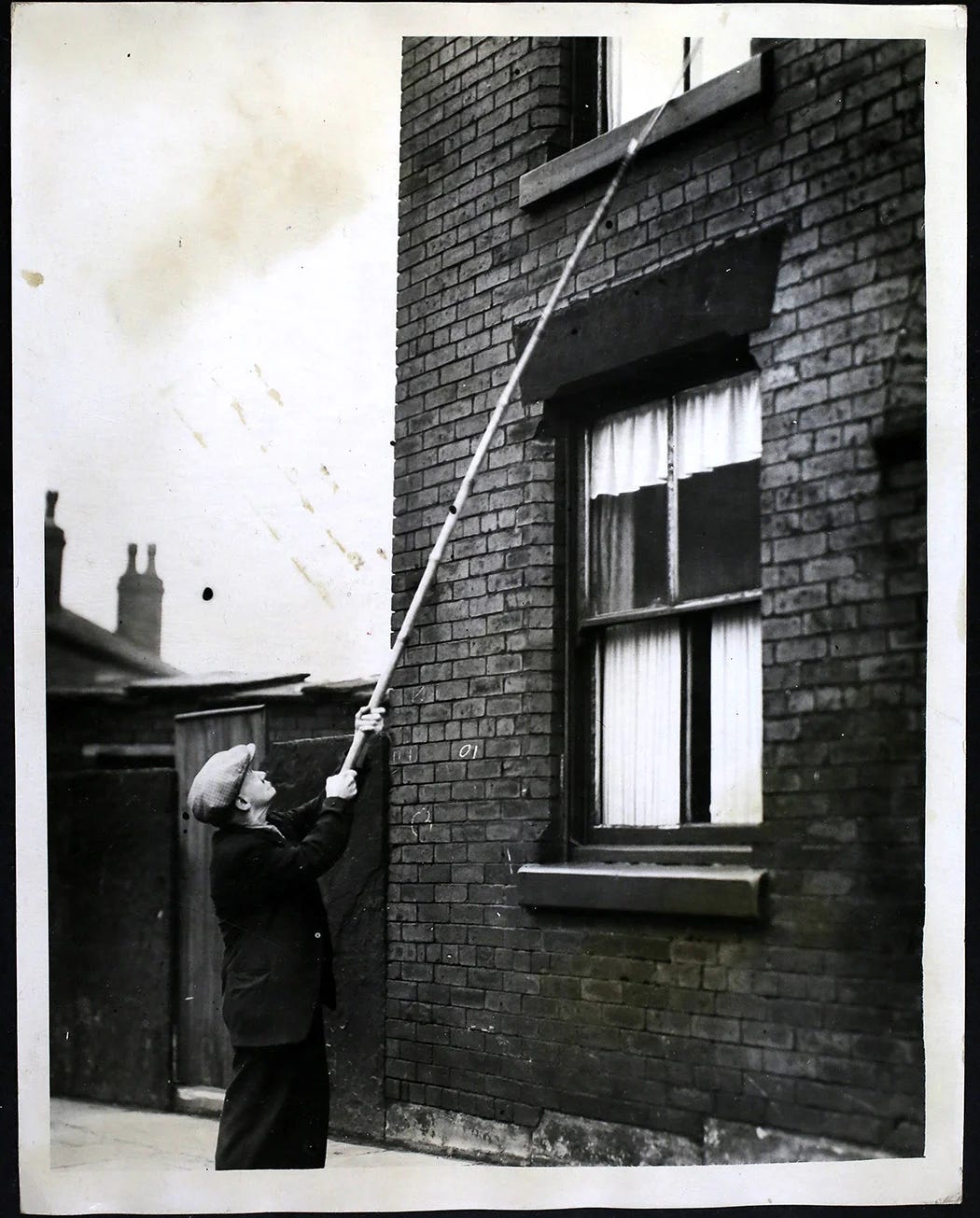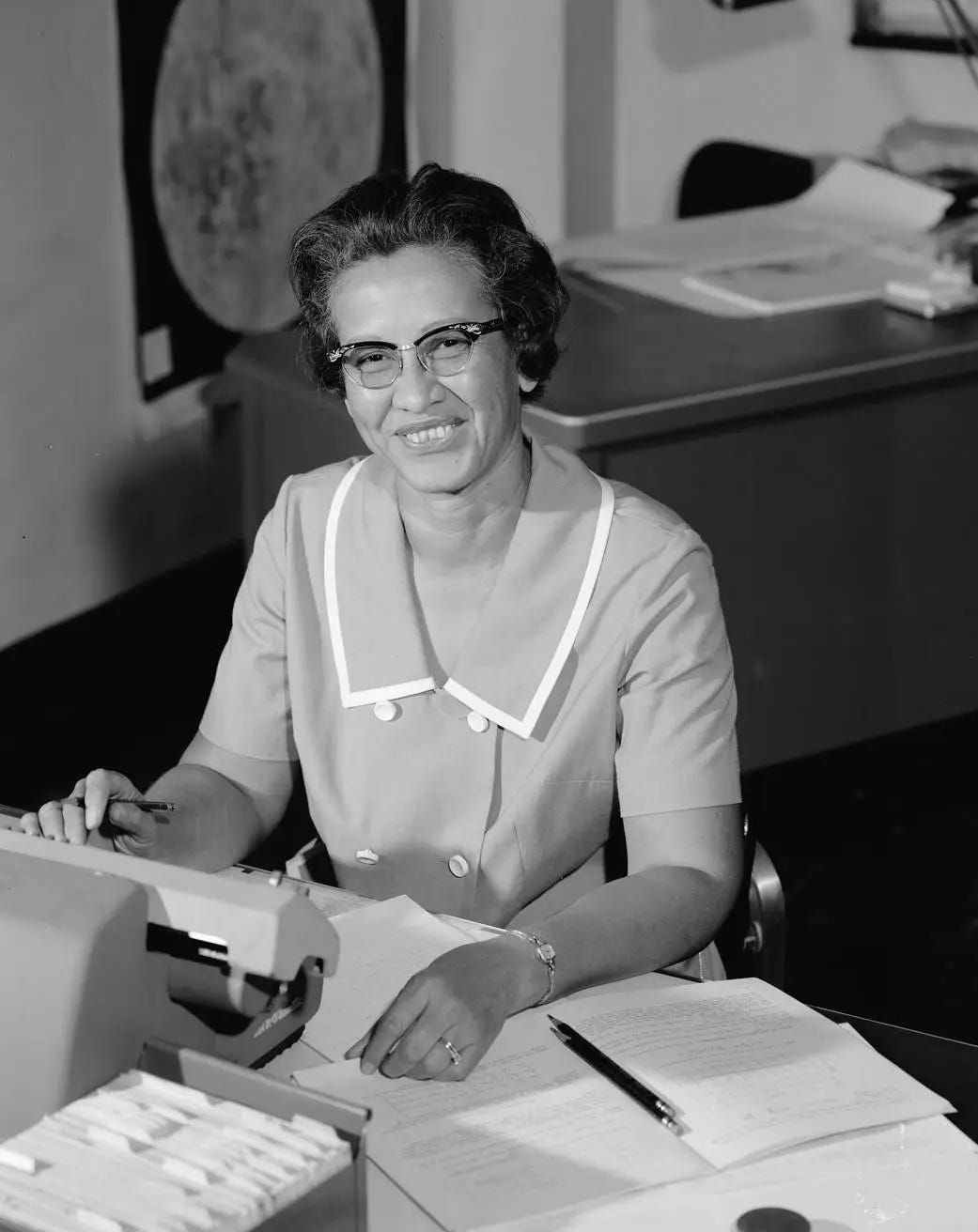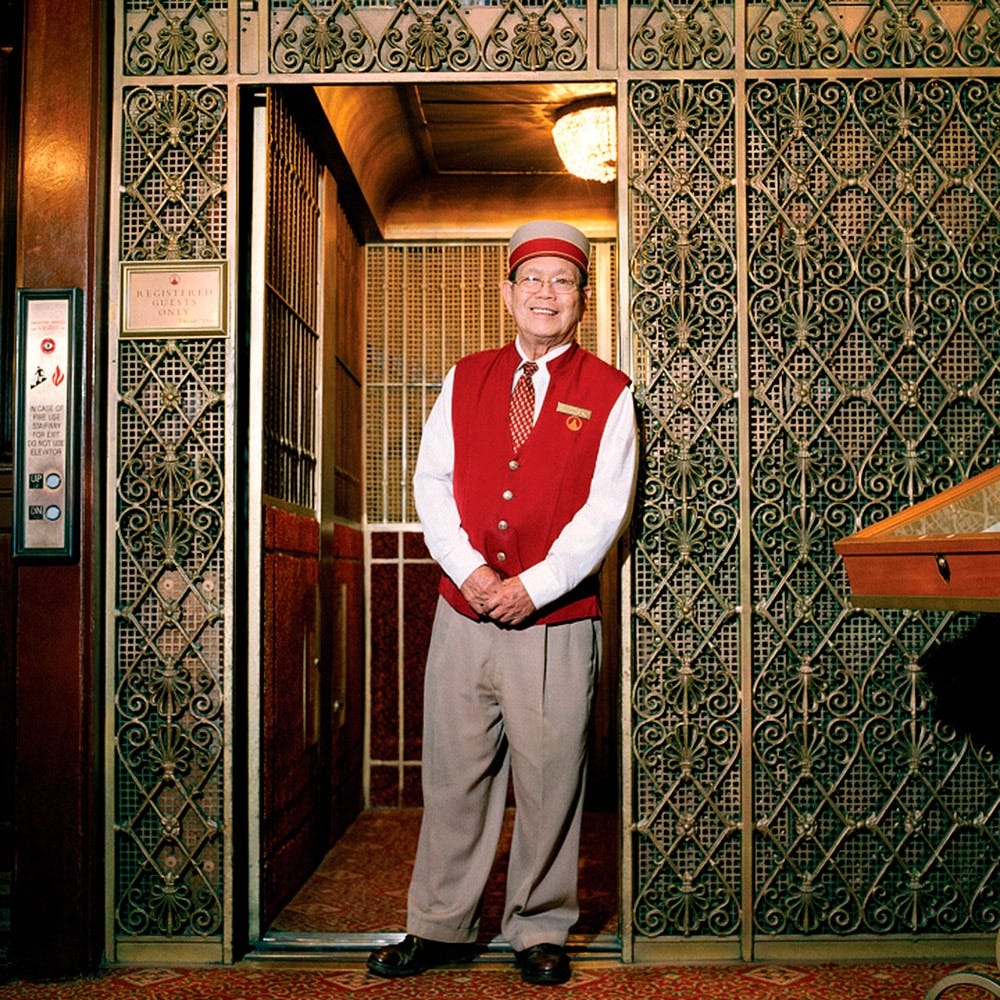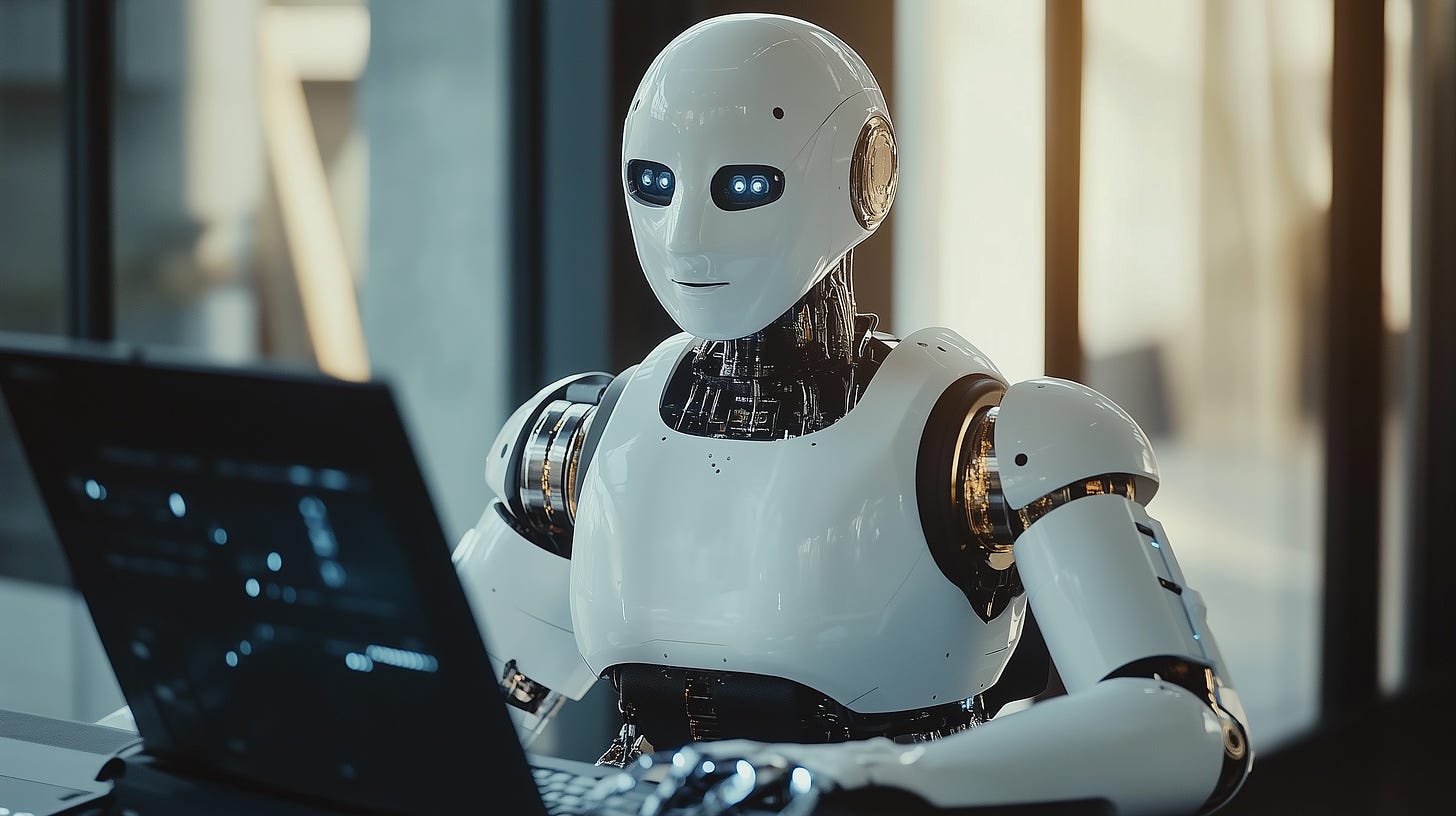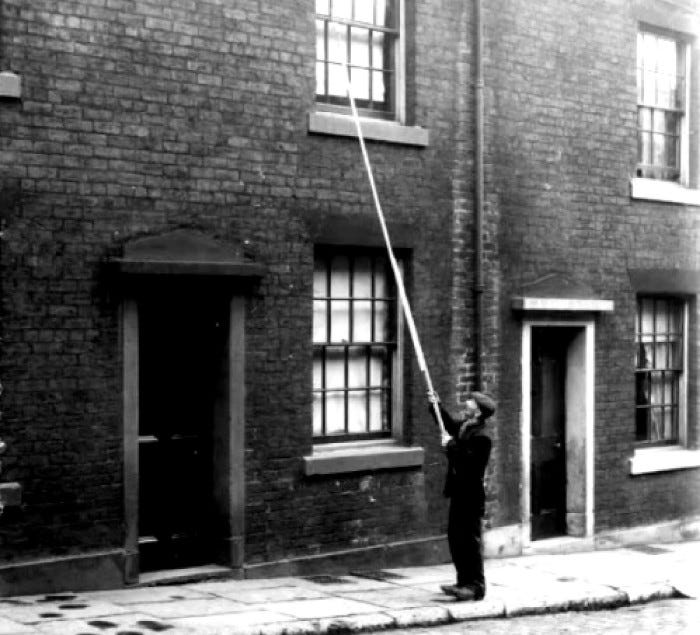Working in documentary TV production for the last two decades, a constant presence in my life has been voice over talent - the professional narrator who helps relay the story being told. Back when I worked at NFL Films, I got to sit in the booth next to the legendary Harry Kalas, as he smoked cigarettes and read my script for Inside the NFL. More recently, there were celebs like Dennis Quaid and Samual L. Jackson - I was lucky enough to get to edit their awesome voices into the shows I was working on.
And there were so many other voices in between - human voices that belonged to real people making a living doing a job that requires not just a pleasing voice, but talent as a storyteller. They’ve been essential for everything from commercials to audiobooks to documentaries, and more.
But in the last year, AI companies like ElevenLabs, have essentially put the majority of these professional voice over artists out of work.
With the press of a few buttons, you can now select from a library of voices, or even create your own, and have these robot voices read the script for you. Initially, the outputs sounded unrealistic, but recently a new feature called “speech to speech,” allows you to “act” the script into your phone first, load it into the app, and flip your voice to whatever other voice you want. It sounds perfectly human and natural. It’s pretty insane.
For certain jobs, a “real” celebrity may still be desired, and certainly some companies are holding out, wanting to hang onto the voiceover artists they have personal relationships with. But with production budgets continuing to shrink, real human narrators will continue to become more and more of an endangered species.
Considering this, and with all the fuss in the media lately about AI potentially taking all of our jobs, I thought it may be a good time to really break down the other jobs most likely to soon be rendered obsolete.
Is it really as bad as everyone is saying?
BUT FIRST
For perspective, let’s recall that new technology has always, throughout history, come along and rendered certain jobs unnecessary.
For example:
1. Switchboard Operator
- Before the advent of automated telephone systems, switchboard operators manually connected calls.
2. Knocker-Up
- In the days before alarm clocks, a "knocker-up" would wake people up by tapping on their windows with a long stick. This quaint profession disappeared with the invention of reliable, affordable alarm clocks.
3. Human Computer
- Before electronic computers, human "computers" (often women) performed complex mathematical calculations by hand.
4. Elevator Operator
- In the early days of elevators, operators were needed to manually control the elevator's speed and direction.
5. Milkman
- Before widespread refrigeration and supermarket chains, milkmen delivered fresh milk to customers' doors.
I could go on, but I think you get the point. As the world changes, so do the jobs. So what about now? Besides voice-over actor, what is likely to disappear?
The Danger Zone—Jobs at Serious Risk Due to AI
1. Customer Service Representatives
- AI-powered chatbots and virtual assistants are becoming much more sophisticated, capable of handling customer inquiries and providing support with minimal human intervention.
2. Truck Drivers
- I know we’ve been hearing this one for awhile but it does seem like autonomous vehicles are definitely on the horizon, and while fully self-driving trucks are not yet mainstream, the technology is advancing rapidly. As these vehicles become more reliable, the demand for human truck drivers could diminish significantly.
3. Warehouse Workers
- Automation in warehouses is on the rise, with robots capable of picking, packing, and shipping items with speed and precision. Companies like Amazon are leading the way in this area, potentially reducing the need for human warehouse workers.
4. Data Entry Clerks
- AI and machine learning algorithms are becoming increasingly adept at processing and inputting data, reducing the need for human data entry clerks. Automated systems can handle large volumes of data more quickly and accurately than humans.
5. Translators and Interpreters
- AI-driven translation tools, like Google Translate and DeepL, are constantly improving. While these tools may not yet match the nuance of human translators, they are becoming increasingly reliable for everyday use, potentially reducing demand for human translators and interpreters.
6. Journalists
- Big reason this newsletter is a hobby, not a job! AI content generators are increasingly handling straightforward news like financial reports and sports, reducing demand for human journalists in basic reporting.
7. Paralegals and Legal Assistants
- AI tools that can review and analyze legal documents are becoming more common.
Let’s stop there to consider what these jobs have in common.
1. Repetitive Processes: doing the same type of task over and over.
2. Decision-Making Based on Predefined Rules: AI can easily learn the rules behind tasks like translating text, generating news reports, or reviewing legal documents, and perform them with insane speed and volume.
3. Lower-Level Human Interaction: They don’t require complex human-to-human interaction (e.g., empathy, negotiation, building relationships).
4. Data Handling and Interpretation: AI's ability to manage, analyze, and interpret data quickly and accurately makes it a threat to these roles.
The more routine and data-driven a job, the more vulnerable it is to AI automation.
The Evolution Group
Now for what I think is the good news. Most jobs likely won’t go extinct, they will simply evolve. AI expert Mike Todasco helped me see the light on this topic with his insights, which you can check out here.
I’ve seen other lists that include doctors, surgeons, teachers, accountants, psychologists, and yes, all creative professionals like myself.
But this is just silly.
As we just said, AI is good at predictable, routine jobs. You know what it’s not good at?
Dealing with the symptoms of a patient who may really be sick or may just be a hypochondriac.
Controlling a classroom full of 2nd graders who just had cupcakes for little Johnny’s birthday and are on a collective sugar-high.
Trying to get every last tax deduction in the gray area of the rule book.
Sitting there with a clinically depressed person who is too messed up in his mind to say what he’s really feeling and being able to determine whether he may be a danger to himself or someone else.
Creating something beyond a cool shot of cool computer generated actor standing there in a cool world looking cool.
AI is currently TERRIBLE at: creativity, originality, humor, long-form nuanced non-cliched storytelling, emotional intelligence, empathy, ethical decision-making, negotiation, persuasion, hands-on caregiving, cultural and social sensitivity, adaptability, and leadership.
That’s a heck of a lot. Is it not? And a heck of a lot of super important things.
So instead of being replaced, these other jobs will likely simply evolve: doctors and therapists and teachers and accountants will be able to utilize new AI tools to be more super-powered versions of themselves in some ways. But their “human touch” - basically empathy and adaptability and creativity - will still be necessary.
As for creative workers, AI is definitely changing the content game, and that is why I’ve become so interested in it. It’s allowing me to potentially bring to life crazy ideas that would have cost millions of dollars in the past for the price of a few monthly subscriptions.
However, it’s also clear that none of those tools are capable of much that is worth reading or watching without a human artist behind the scenes controlling them. So, here’s hoping a human touch will always be essential in art, as well.
**PS** Let’s linger one additional moment on the fact that this was once a job: Knocker-Up. I feel like this may deserve it’s own documentary.





